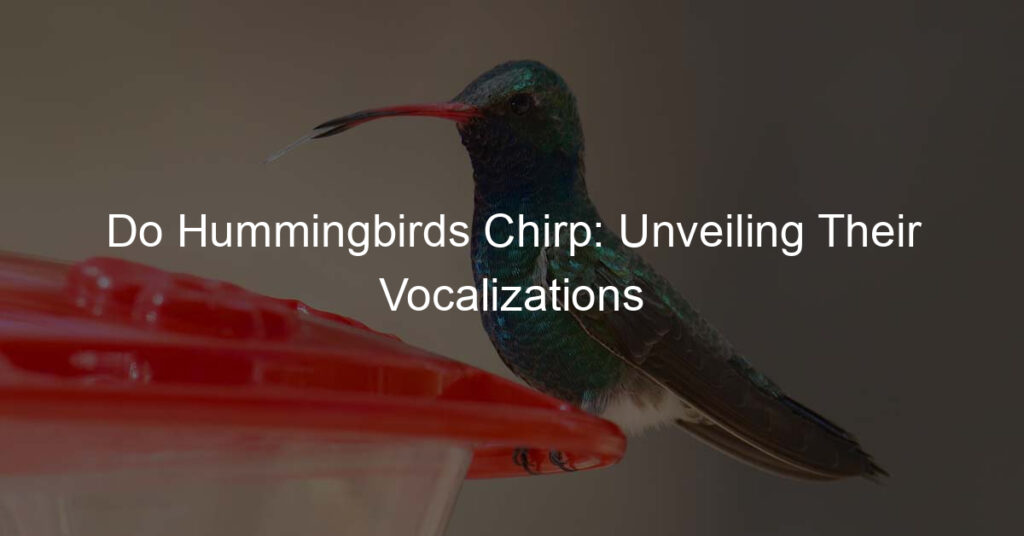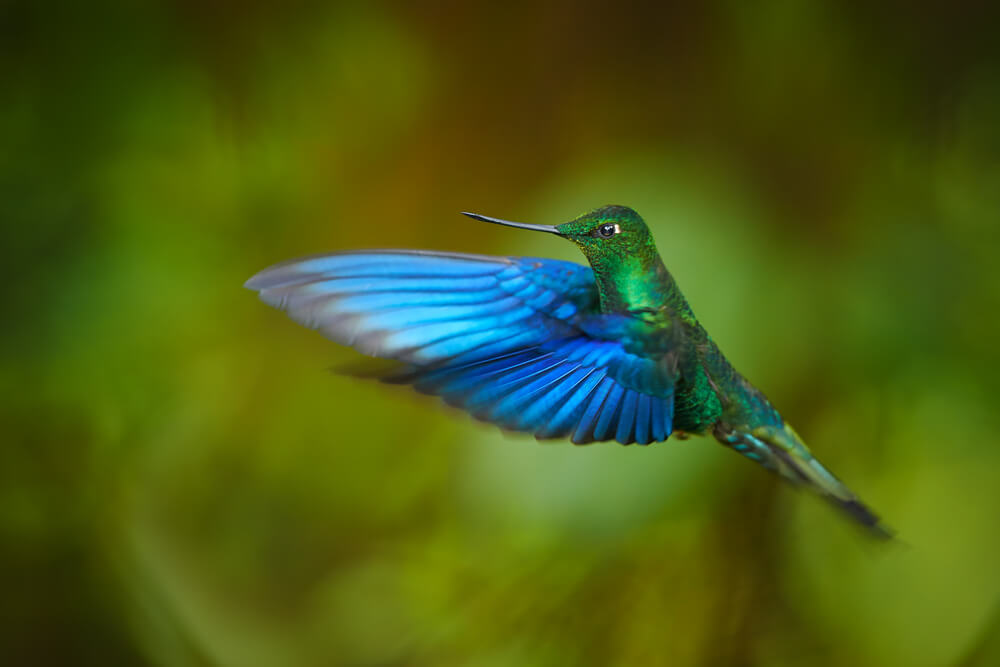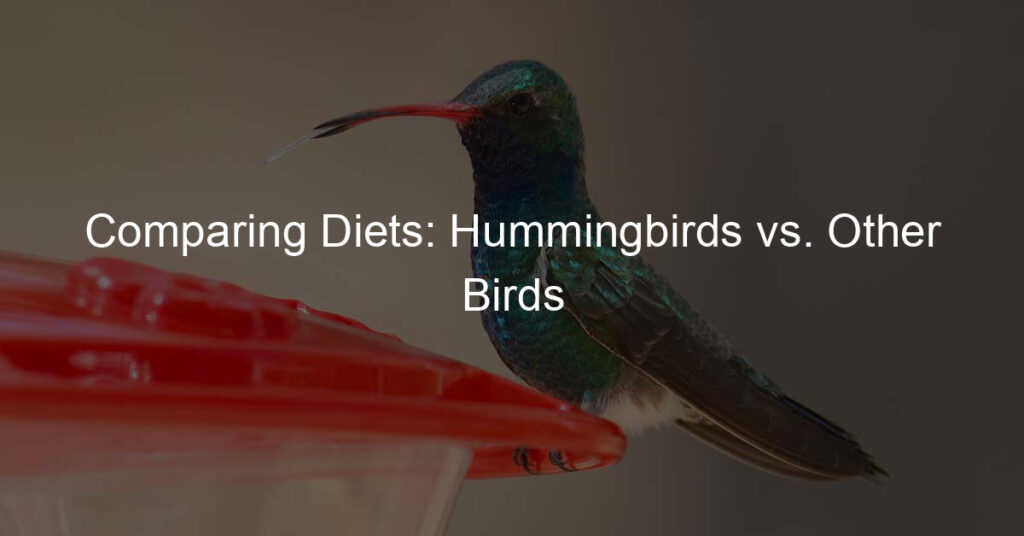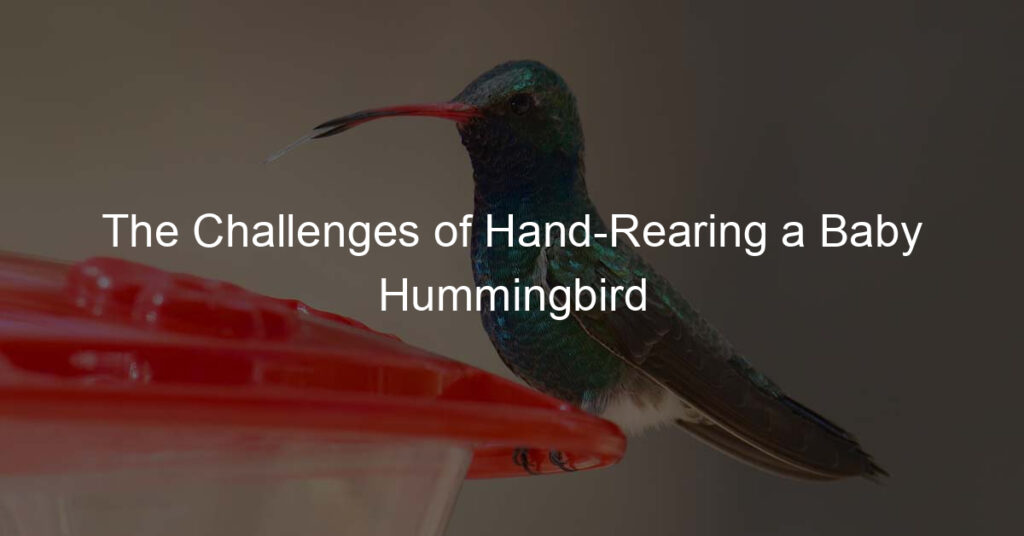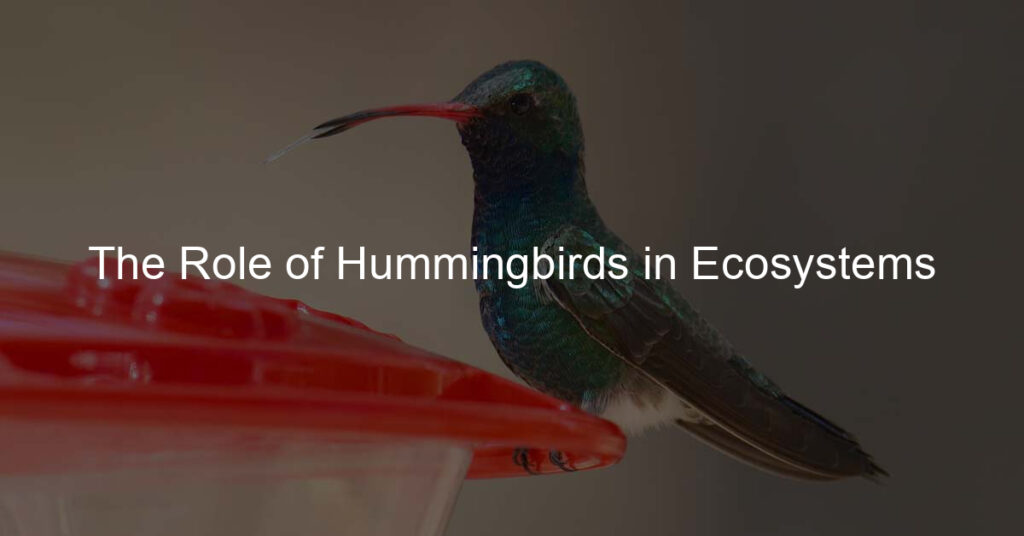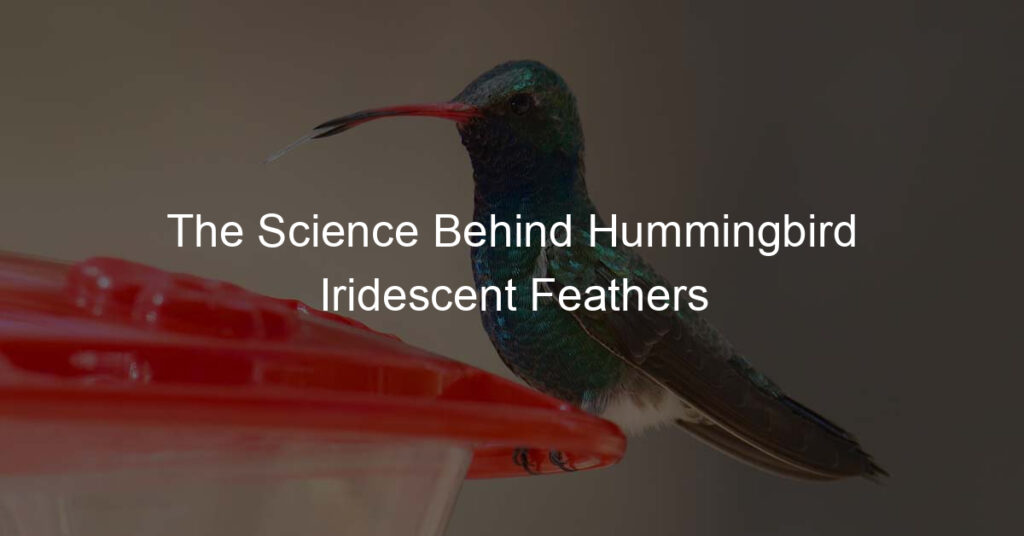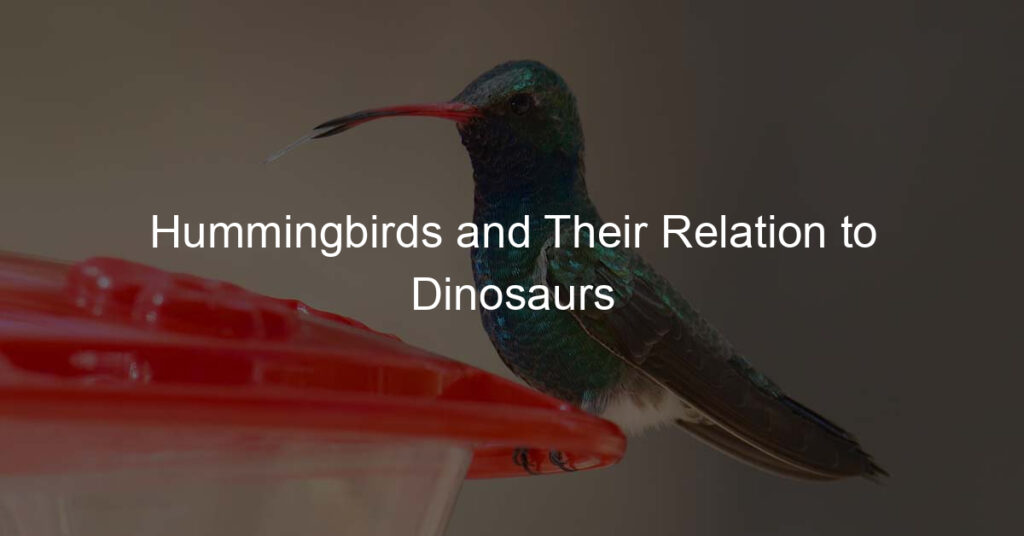Introduction: Do Hummingbirds Really Chirp?
Hummingbirds are fascinating creatures, known for their vibrant colors and rapid wing movements. But have you ever stopped to listen to their sounds? Some people claim to hear hummingbirds chirping, while others are convinced that these tiny birds are silent. So, do hummingbirds really chirp? Let’s dive into this intriguing topic.
Exploring the mystery of hummingbird sounds
Hummingbirds are named for the humming sound produced by their fast-flapping wings, which can beat at an incredible rate of up to 80 times per second. But what about their vocal sounds? Hummingbirds do, in fact, make a variety of sounds, including chirps, squeaks, and buzzes. These sounds are often so high-pitched that they can be difficult for humans to hear. Wikipedia provides more detailed information on the vocalizations of hummingbirds.
Common misconceptions about hummingbird chirping
One common misconception is that all hummingbirds chirp. In reality, not all species of hummingbirds make vocal sounds. Some species are more vocal than others, and the sounds they produce can vary widely. Another misconception is that hummingbirds chirp like other birds. However, hummingbird sounds are unique and quite different from the typical bird chirps we are familiar with. Their sounds are often described as mechanical or electronic, rather than melodic.
In the following sections, we will delve deeper into the world of hummingbird sounds, exploring their chirping behavior, how to interact with them, and whether baby hummingbirds chirp. Join us as we unravel the mystery of hummingbird chirping.
Understanding Hummingbird Chirping
Hummingbirds are fascinating creatures, known for their vibrant colors and rapid wing movements. But, have you ever stopped to listen to their unique chirping sounds? Let’s dive into understanding the chirping of hummingbirds.
What Does a Hummingbird Chirp Sound Like?

Hummingbird chirps are as unique as the birds themselves. They are not like the typical bird songs we are used to hearing. So, what does a hummingbird chirp sound like?
Describing the unique sound of a hummingbird chirp: Hummingbird chirps are typically short, sharp, and high-pitched. They may sound like a series of quick “chip” or “tik” sounds, often repeated in quick succession. Some people even describe it as a squeaking sound. The pitch and rhythm of the chirps can vary depending on the species of hummingbird and the purpose of the chirp.
Comparing hummingbird chirps to other bird sounds: Unlike the melodious songs of many birds, hummingbird chirps are more functional than musical. They are not meant to be soothing or harmonious. Instead, they serve specific purposes such as communication or defense. Compared to the cooing of a dove or the chirping of a sparrow, a hummingbird’s chirp is much sharper and quicker. It’s a unique sound that sets hummingbirds apart from other birds.
Understanding the chirping of hummingbirds helps us appreciate these tiny creatures even more. Their unique sounds are just another aspect of their fascinating behavior and biology.
Why Do Hummingbirds Chirp?
Hummingbirds, like all birds, have their unique ways of communicating. One of these is through chirping. But why do they chirp? Let’s delve into this fascinating aspect of hummingbird behavior.
Exploring the reasons behind hummingbird chirping
Hummingbirds chirp for various reasons. One of the primary reasons is to communicate with other hummingbirds. They use their chirps to express emotions, warn others of danger, and even to attract a mate. For instance, during the mating season, male hummingbirds chirp to attract females. They also chirp when they sense danger, alerting other hummingbirds in the vicinity.
Another reason hummingbirds chirp is to establish territory. Hummingbirds are known to be territorial, especially when it comes to their feeding grounds. They chirp to warn off other hummingbirds, signaling that the area is already claimed.
Understanding hummingbird communication
Hummingbird communication is complex and fascinating. Chirping is just one part of it. They also use body language and flight patterns to convey messages. For example, a hummingbird might perform a high-speed dive to show off to a potential mate or to intimidate a rival.
Hummingbird chirps are unique and vary from species to species. Some chirps are high-pitched and rapid, while others are slower and lower in pitch. This diversity in chirping styles helps hummingbirds identify each other.
Understanding hummingbird communication is not just interesting, but it also helps us appreciate these tiny creatures more. Their chirps are not just sounds; they are a form of language, a way for them to interact with their world.
In conclusion, hummingbirds chirp for communication, to express emotions, warn of danger, attract mates, and establish territory. Their chirping is a testament to their complex social interactions and survival strategies. So, the next time you hear a hummingbird chirp, remember, it’s not just a sound, it’s a message.
Hummingbird Chirping Behavior
Hummingbirds are fascinating creatures known for their vibrant colors and rapid wing beats. But have you ever noticed their chirping behavior? Let’s delve into this intriguing aspect of hummingbird behavior, particularly when they are eating.
Do Hummingbirds Chirp While Eating?
Many of us have observed hummingbirds at feeders, but have you ever heard them chirp while they eat? This behavior can be quite intriguing and raises many questions. Let’s explore this further.
Observing hummingbird behavior at feeders
When you watch hummingbirds at feeders, you might notice they often make a chirping sound. This is not just random noise. It’s a form of communication. Hummingbirds use these chirps to communicate with each other, especially when they are feeding. This could be a way of signaling that the feeder is occupied or warning others to stay away.
Understanding why hummingbirds chirp while eating
So, why do hummingbirds chirp while eating? Scientists believe that this behavior could be a form of communication. The chirping could serve as a warning to other birds to stay away from the feeder. It could also be a way for the bird to express its satisfaction with the food. However, more research is needed to fully understand this behavior.
In conclusion, hummingbird chirping behavior, particularly while eating, is a fascinating subject that warrants further study. So, next time you see a hummingbird at a feeder, take a moment to listen. You might just hear the sweet sound of hummingbird communication.
Do Hummingbirds Chirp at Night?
Hummingbirds are fascinating creatures known for their vibrant colors and rapid wing movements. But do they chirp at night? Let’s dive into this intriguing topic.
Exploring the nocturnal behavior of hummingbirds
Hummingbirds are typically diurnal, meaning they are most active during the day. However, they do have some nocturnal behaviors. At night, hummingbirds enter a state called torpor, which is a deep sleep that helps them conserve energy. During this time, they are usually silent and motionless.
But there are exceptions. Some species of hummingbirds, like the Rufous and Anna’s hummingbirds, have been observed chirping at night. This nocturnal chirping is not common and is still a topic of research among ornithologists. Wikipedia provides more information about the general behaviors of hummingbirds.
Understanding why some hummingbirds chirp at night
So why do some hummingbirds chirp at night? The exact reason is not fully understood, but there are a few theories. One theory suggests that these nocturnal chirps are a form of communication. Hummingbirds might chirp at night to signal their presence to others, especially during mating season.
Another theory is that these chirps are a response to environmental stimuli. For example, a sudden change in temperature or light conditions could trigger a chirp. However, more research is needed to fully understand this fascinating behavior.
In conclusion, while it’s not common, some hummingbirds do chirp at night. The reasons behind this behavior are still a mystery, making hummingbirds even more intriguing to bird enthusiasts and scientists alike.
Interacting with Hummingbirds
Hummingbirds are fascinating creatures, known for their vibrant colors and rapid wing movements. But have you ever wondered why they chirp at you? Let’s unravel this mystery.
Why Do Hummingbirds Chirp at Me?
Hummingbirds communicate through a variety of sounds, including chirping. If you’ve ever been chirped at by a hummingbird, it’s likely trying to communicate something to you. Let’s explore this further.
Interpreting hummingbird chirps directed at humans
Hummingbirds chirp at humans for a variety of reasons. They might be trying to protect their territory, warn you of danger, or simply expressing curiosity. It’s important to remember that each chirp is unique and can convey different messages. For instance, a rapid, high-pitched chirp often signifies alarm, while a softer, slower chirp might indicate curiosity or contentment. Understanding these nuances can help you better interact with these fascinating creatures.
Understanding hummingbird-human interactions
Hummingbirds are generally not afraid of humans and may even approach you if they associate you with food or safety. However, it’s essential to respect their space and not to disturb their natural behaviors. If a hummingbird chirps at you, it’s best to observe from a distance and enjoy the interaction without causing any stress to the bird.
In conclusion, interacting with hummingbirds can be a delightful experience. By understanding their chirps and respecting their space, you can enjoy a peaceful coexistence with these beautiful creatures.
Hummingbird Sounds to Attract Them
Hummingbirds are fascinating creatures with their vibrant colors and rapid wing movements. One of the most intriguing aspects about them is their unique sounds. Let’s explore how we can use these sounds to attract them.
Using sounds to attract hummingbirds
Hummingbirds communicate through a variety of sounds, including chirps, buzzes, and hums. These sounds can be used to attract them to your yard. For instance, playing a recording of hummingbird sounds can pique their curiosity and draw them closer. However, it’s important to note that excessive or loud sounds may scare them away. Therefore, it’s crucial to maintain a balance and ensure the sounds are not too loud or intrusive.
Effective techniques for attracting hummingbirds with sound
There are several effective techniques for attracting hummingbirds using sound. One of the most popular methods is using a hummingbird feeder with a built-in sound device. These devices emit sounds that mimic the hum of a hummingbird’s wings or their chirping sounds, attracting these birds to the feeder.
Another technique is to use a smartphone app that plays hummingbird sounds. These apps offer a variety of sounds that can be customized according to the species of hummingbird you want to attract. However, it’s important to use these apps responsibly and not to disturb the natural behavior of these birds.
Lastly, creating a quiet and peaceful environment in your yard can also attract hummingbirds. These birds are attracted to serene environments where they can feed and rest without disturbance. So, reducing noise pollution in your yard can also be an effective technique to attract hummingbirds.
In conclusion, using sounds to attract hummingbirds can be an effective method when done correctly. Remember to respect these beautiful creatures and their natural behaviors while trying to attract them to your yard.
Do Baby Hummingbirds Chirp?
Hummingbirds are known for their unique sounds and behaviors, but what about their babies? Do baby hummingbirds chirp just like their parents? Let’s explore this fascinating topic.
Understanding the behavior of baby hummingbirds
Baby hummingbirds, also known as chicks, are quite different from their adult counterparts. They are born blind and without feathers, completely dependent on their mothers for food and warmth. Their first few weeks are spent in the nest, growing and developing.
But do they chirp? The answer is yes, but not in the way you might think. Baby hummingbirds make soft peeping sounds, especially when they’re hungry. These sounds are not as loud or as distinct as the chirps of adult hummingbirds, but they serve a crucial purpose: they signal to the mother hummingbird that it’s feeding time.
Comparing the chirps of baby hummingbirds to adults
Adult hummingbirds have a variety of chirps and calls that they use for different purposes. Some of these sounds are used to attract mates, while others are used to defend territory. These chirps are loud and distinct, easily heard by human ears.
On the other hand, the peeping sounds made by baby hummingbirds are much softer and less distinct. They are primarily used to communicate with their mother, signaling that they are hungry or in distress. As the chicks grow and develop, their peeps gradually become louder and more like the chirps of adult hummingbirds.
In conclusion, while baby hummingbirds do make sounds, they are not as loud or distinct as the chirps of adult hummingbirds. However, these sounds are crucial for their survival, signaling to their mother that they need food or help.
Conclusion: Unraveling the Mystery of Hummingbird Chirping
As we conclude our exploration into the enchanting world of hummingbird chirping, let’s revisit the key points we’ve learned and reflect on the fascinating mystery of these delightful creatures’ sounds.
Recap of key points about hummingbird chirping
Hummingbirds, despite their small size, are known for their distinctive chirping sounds. These sounds are not just a result of their vocal cords, but also a product of their rapid wing movements. The frequency of their chirps can vary, often influenced by factors such as their mood, the presence of predators, or their mating rituals. Baby hummingbirds, contrary to popular belief, do chirp, although their sounds are softer and less developed than those of adult birds.
Final thoughts on the mystery of hummingbird sounds
The mystery of hummingbird sounds continues to captivate us. Their unique chirping, a blend of vocalizations and wing-generated sounds, is a testament to the complexity and beauty of nature. While we have learned much about these fascinating creatures, there is still much to discover. As we continue to study and interact with hummingbirds, we deepen our understanding and appreciation of these tiny avian marvels.
Remember, the next time you hear the distinctive chirp of a hummingbird, you’re not just hearing a simple bird call. You’re hearing the sound of evolution, the melody of survival, and the symphony of nature’s complexity. Learn more about hummingbirds and continue to unravel the mystery of their enchanting chirps.

